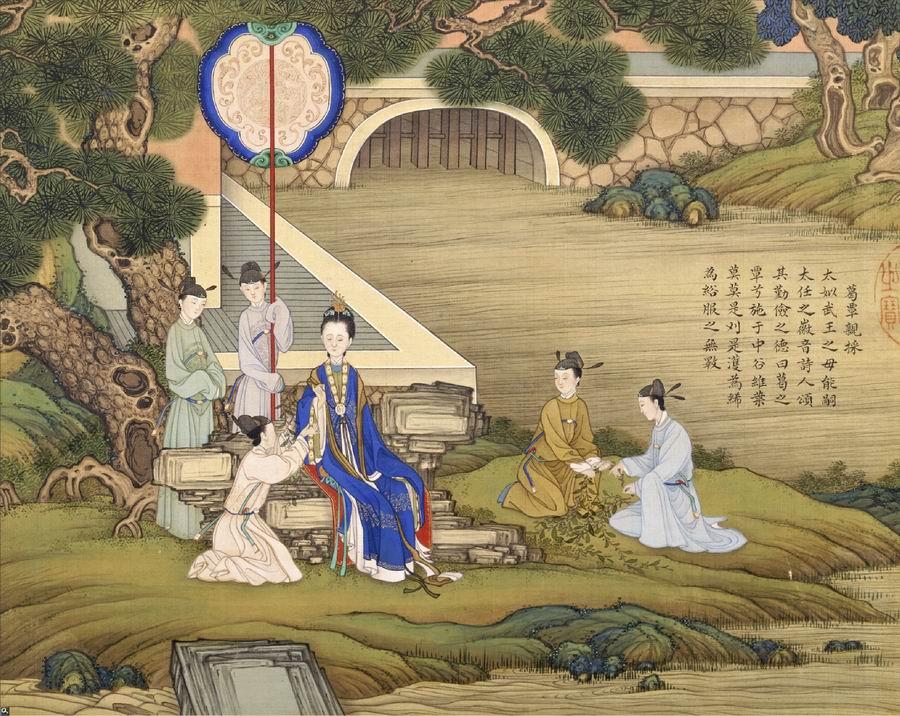Recent years have seen the popularization of “tiger moms”—whose relentless, draconian measures supposedly guarantee their children successful, high-paying careers—in describing the archetypal Chinese mother.
To be sure, the ancient Chinese valued industriousness, but they held virtue and wisdom in immeasurably higher regard than simple material gain. As one traditional saying has it, the foolish and incapable are superior to those who are skilled but wicked.
In ancient times, politics and other fields were outwardly dominated by men, but ancient Chinese histories acknowledged the importance of women in forging the harmonious progression of society.
The “Three Queens of the Zhou Dynasty” records the deeds and character of the wives of three outstanding kings during the early Zhou period (c. 1100 B.C.–221 B.C.). In the account, these women are credited with laying the foundations of Zhou rule by acting as maternal role models for the entire kingdom.




